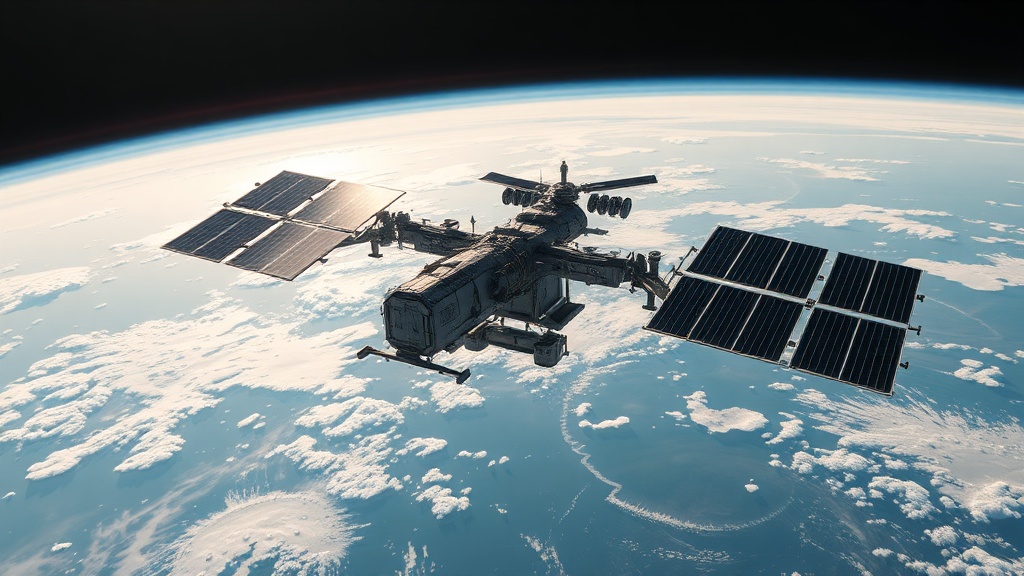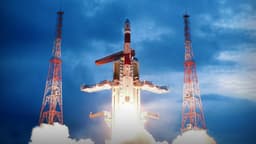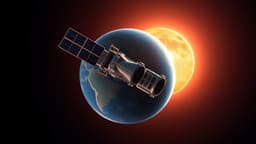Home / Science / Moss Survives Space: Seeds of Future Martian Gardens?
Moss Survives Space: Seeds of Future Martian Gardens?
20 Nov
Summary
- Moss spores endured nine months on the ISS and still grew.
- These hardy spores survived extreme space conditions like radiation and vacuum.
- Moss could help generate oxygen and soil for future space missions.

Scientists have discovered that certain moss spores can endure the harsh environment of outer space, offering potential for future extraterrestrial colonization efforts. Spores of Physcomitrella patens, a type of spreading earthmoss, were sent to the International Space Station (ISS) and remained attached to its exterior for nine months. Remarkably, upon return to Earth, these spores exhibited a high germination rate, even after exposure to intense UV radiation and vacuum conditions.
This resilience suggests that moss could be a valuable biological tool for long-duration space missions. Researchers envision moss contributing to sustainable life-support systems by generating oxygen, regulating humidity, and aiding in the formation of fertile soil from planetary regolith. While the moss itself is not edible, its survival capabilities open doors for terraforming endeavors on celestial bodies like Mars.
Further research is planned to assess the moss's ability to grow and thrive under diverse extraterrestrial conditions, including varying gravity and atmospheric compositions. Although preliminary, these findings represent a significant step toward establishing basic ecosystems beyond Earth, moving beyond mere survival to active cultivation in space.




